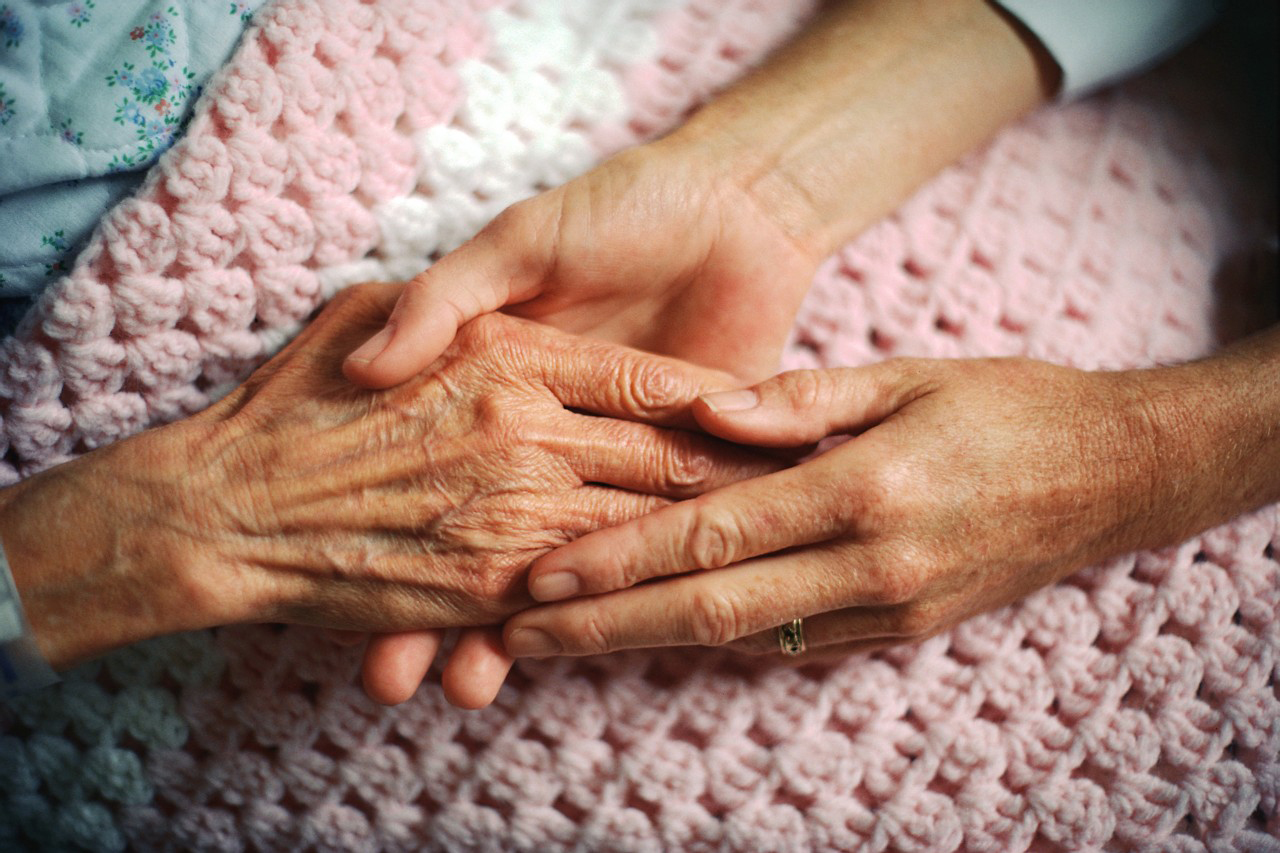Household Bills
Boomers defer spending on care cost fears

Worries over the cost of care are deterring Baby Boomers from spending in retirement, funds new research.
Baby Boomers are those born in the post-war period between 1946 and 1964. Many are now reaching retirement, with the final members turning 55 this year.
They are the last generation to receive ‘gold-plated’ final salary pension schemes and have been the major beneficiaries of the housing boom. However, research showed that nearly four in ten (39%) of this generation say concerns over future care costs will hold them back from spending more in retirement. Three in ten (30%) say ensuring they have enough money for care costs is important to them.
In spite of various attempts to address the cost of care, most people are still responsible for picking up the tab for care costs, which can be as much as £50,000 per year for residential care. The average is £32,344. The state will help for those whose income and asset fall below a specific threshold, currently between £23,250 and £28,000 depending on where you live in the UK. For those receiving residential care, assets include the family home unless a spouse or other dependents still live there.
The government has repeatedly delayed plans to publish a Green Paper on social care funding.
Steven Cameron, pensions director at Aegon said: “The research shows that a large proportion of Baby Boomers are concerned about funding their future care costs, and with good reason. The cost of formal care can be immense and retirees often face selling their house and rapidly depleting their lifetime savings to pay for this, extinguishing any plans to pass on an inheritance to future generations. What makes it worse is that until the Government sets out clearly how much individuals will in future be expected to contribute, it’s almost impossible to plan ahead. Fear of being unable to ‘pay their way’ means some are spending less than they can afford to, stopping them fully enjoying their earlier retirement years.

Why Life Insurance Still Matters – Even During a Cost-of-Living Crisis
Sponsored by Post Office
“The crippling cost of formal care has led many to rely on relatives and friends to provide valuable but unpaid informal care. With more people living into their 90s and beyond, many Baby Boomers thinking ahead to their own care needs will have elderly parents to care for and may face having to opt to work part time or give up work entirely, which can have significant knock-on consequences for their own finances and retirement plans.
Cameron said a new deal on social care funding has been one of the biggest casualties of a Government absorbed by Brexit negotiations with ‘repeated delays’ leaving millions in the dark about their liability to pay care costs.